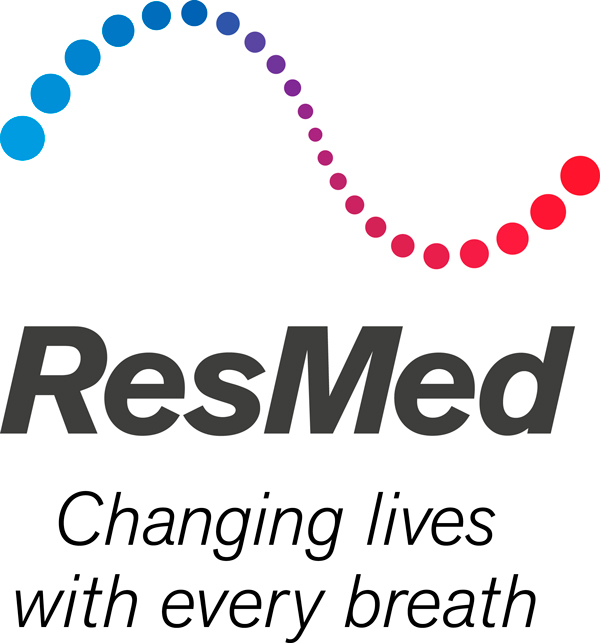Sleep Apnea
According to reports, more than 12 million Americans suffer from sleep apnea, and the number is increasing. The symptoms are drowsiness, noisy snoring or breathlessness in sleep. If you are experiencing any of these, then it is time to be cautious.
Understanding Sleep Apnea
Sleep Apnea is a condition where the patient suffers very brief periods of breathlessness during sleep. This can be more than 20 times in an hour, and the person will have to wake up to resume the breathing. The waking up is caused due to the warning signal sent to the brain due to lack of oxygen. The very brief interruptions may mask the wake-up time, and the person would not be aware of it. In the morning, they usually feel that they had a good deep sleep when in reality they could not sleep well leading to tired feeling during the daytime. They keep constantly waking up and sleeping that will alter the sleep cycle significantly.
Dangers of Sleep Apnea
Sleeping time is the crucial juncture in the daily schedule and body performs several balancing functions during sleep. With an altered sleep pattern, it can cause an increase in blood pressure levels, makes the patient more prone to heart failure and stroke. Without proper rest, the person eventually becomes stricken with fatigue which will reflect in all day time activities like work, education, concentration while driving or less power to operate machinery. Individuals suffering from sleep apnea are rather weak, and they may face issues with sedation with anesthesia or in the post-operative stage. It is therefore advised to talk with the family doctor to diagnose the condition and treat it effectively.
Signs to Recognize Obstructive Sleep Apnea:
• Sleeping during odd hours of the day
• Noisy snoring.
• Doubts of losing breath during sleep.
• Waking up in the sleep gasping for breath or choking feeling.
• Waking up in the morning with a dry mouth that is a sign of breathlessness.
• A severe headache on waking up caused due to insufficient oxygen supply.
• Concentration problems due to unknown reason.
• Sudden mood changes without any emotional stress situation.
• Increase blood pressure levels.
• Profuse sweating while sleeping.
• Decrease in sexual drive.
Sleep Apnea: Classification
The three basic types of sleep apnea are:
1. Obstructive sleep apnea (OSA): As the name, it is an obstruction caused due to the blockage that is created in the back of the throat. This blockage is in the upper airway when the soft tissue leads to the throat region and blocks the air passage.
2. Central Sleep Apnea (CSA): This kind of apnea rarely occurs due to the inability of the muscles to take the brain signals. It is due to serious issues with the respiratory control centers.
3. Complex sleep apnea: It occurs due to both reasons, the obstruction of the throat and also brain functioning imbalance.
Risk Factors
Sleep Apnea is a spontaneous condition any person can succumb to this disease. There are some speculative risk factors.
• People who are overweight face a higher risk of obstructive sleep apnea as the fat deposits in excess in the air canals can lead to blockage in breathing. This does not mean that all overweight people suffer from this condition, and several thin people suffer from OSA.
• Narrow airways can be an inherited trait.
• Airway blockage can be caused due to tonsils or adenoid inflammation.
• Individuals who have an increased blood pressure level are at a higher risk of developing sleep apnea.
• People with narrow airways and other chronic nasal congestion problem face a higher occurrence of obstructive sleep apnea with increased number of disturbances per hour.
• Smoking has been deduced to be one of the most prominent reasons for obstructive sleep apnea.
• People suffering from diabetes were shown to have an increased risk of obstructive sleep apnea.
• In comparative studies, it was found that men had a higher tendency to develop sleep apnea than women.
• Sleep apnea can be a genetically transmitted problem. Any family member with sleep apnea can pass in down to the future generation. A family history can be a risk factor.
• Patients suffering from asthma were also observed to have a high risk of suffering from obstructive sleep apnea.
Treatment for Sleep Apnea
The treatment varies depending upon the cause of sleep apnea. It tries to cure the cause of the condition like overweight, smoking, etc. Change in sleep positions can are recommended like sleeping on the sides than on the back. Use of oral devices are also prescribed by the doctor to be used while sleeping to prevent blocking the throat. In more severe cases, surgery is recommended.
Treatment with CPAP

CPAP stands for Continuous Positive Airway Pressure. The CPAP machine is used for this purpose which consists of 3 essential parts. The mask is fitted to the face over the nose region and held in place with a strap. The tube connects the nose to the motor. The motor sends air into the tube to reach the nose. Air pressure is applied to keep the airway open.
Step to take when you doubt a family member to be suffering from sleep apnea.

You should consult with a specialist as soon as possible, and you can get help in finding the specialist by contacting us. The technician goes on with treatment methods once the condition is confirmed and the cause is found after the sleep study. We can create the oral device for you if it is prescribed in your medication list.
Contact Us Today!

